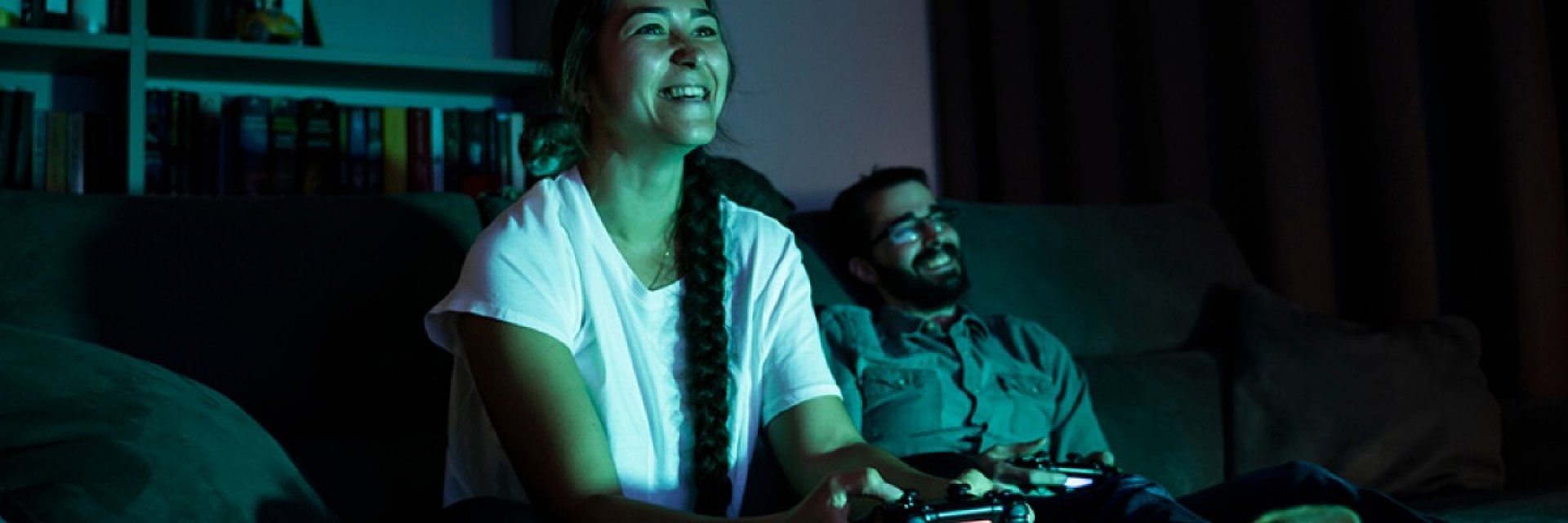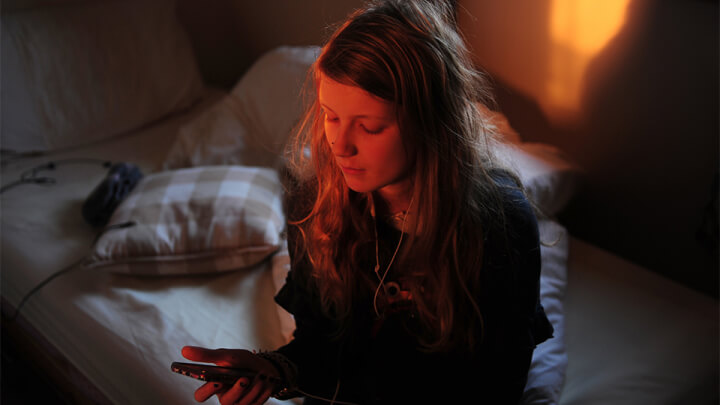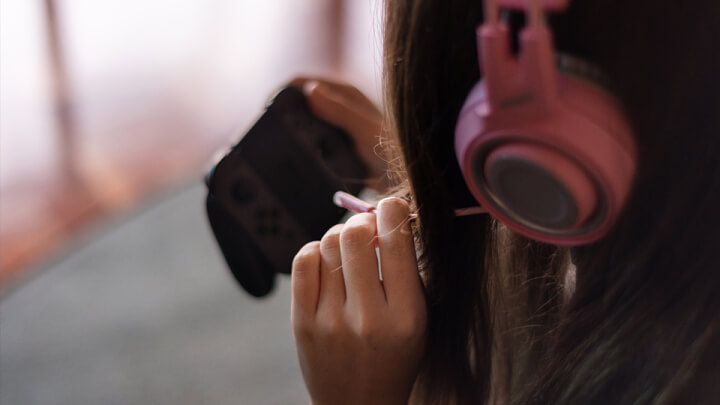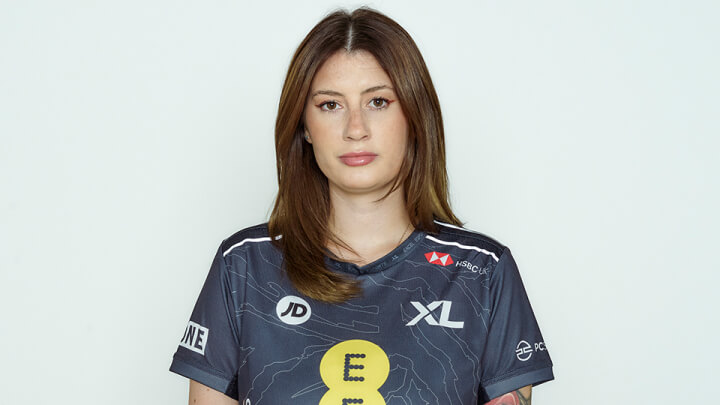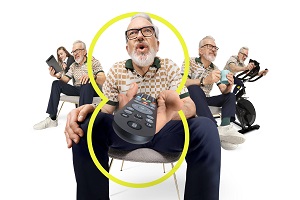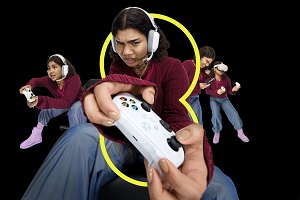2017's #MeToo movement cast an overdue spotlight on the harm of sexist attitudes rampant in multiple industries and lifestyles – with women, people of colour and the non-binary among those most affected. Unsurprisingly, the realm of video games was far from exempt, with many streamers, creators and players all having their own experiences.
The truth is: women in gaming deal with substantially more challenges than men from the moment they press the power button – just because of their gender. From taking extra safety measures to avoid harassment, to having their achievements undermined, it’s a serious problem – but gamers and streamers are doing what they can to push back and create safe spaces for all. Companies can play their part too. EE’s Power Up programme seeks to provide a safe space to help women gamers break into the world of esports, while EE are also lead sponsor of Team EXCEL’s first ever female Valorant team.
Still, there’s work to be done. Here are some of the further challenges women gamers face, and the steps being taken to overcome them.
